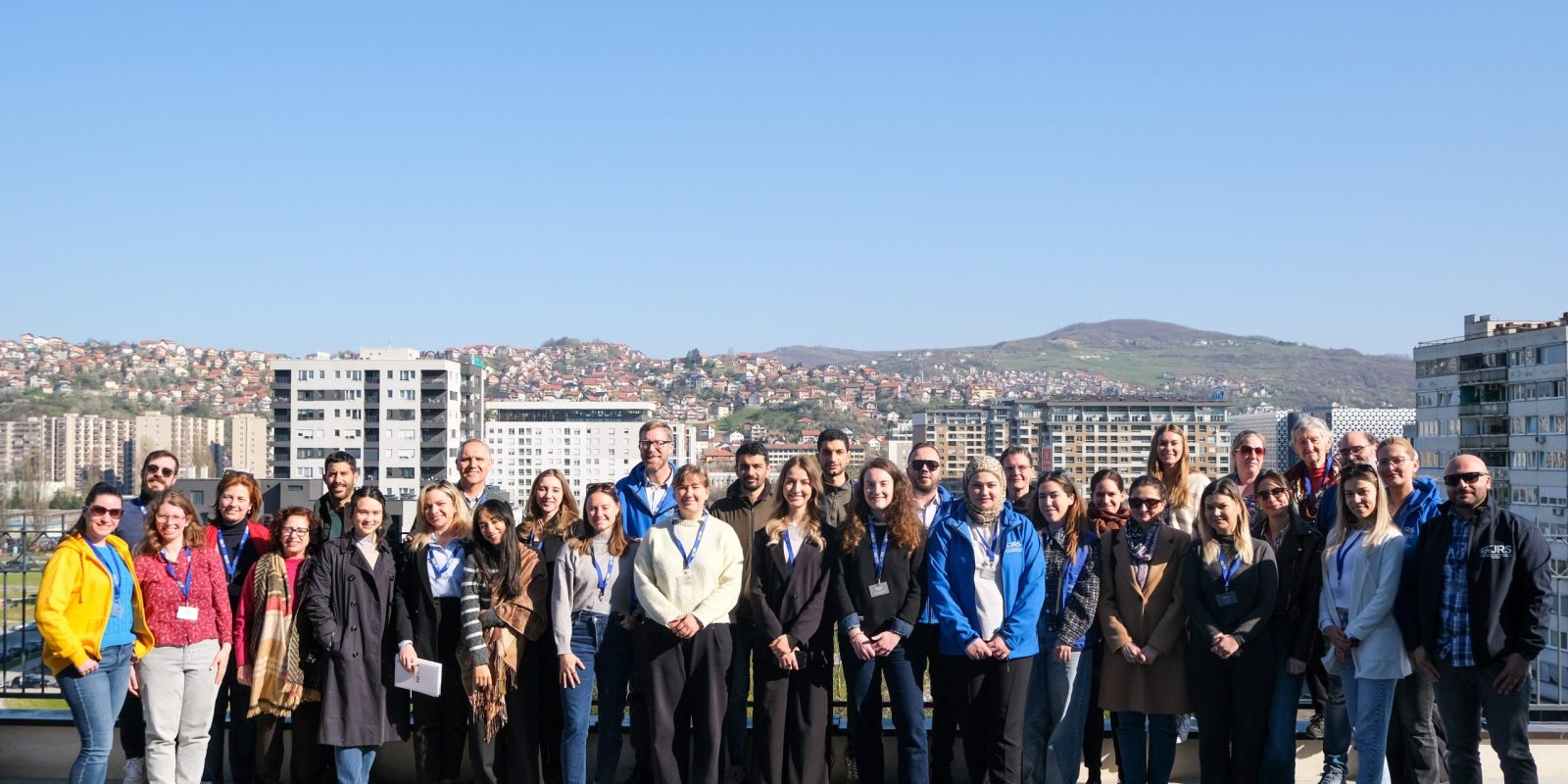For a while, at the start of the Covid-19 pandemic, JRS Europe hoped it might have the positive side effect of forcing policymakers to think about a migration system without detention. From our perspective, as returns were virtually impossible due to international travel restrictions, detention had become unlawful and migrants were supposed to be released. Unfortunately this is not what happened.
One year later, despite international travel still being highly discouraged, people remain in detention, their isolation has increased due to limitations on visits, and periods of detention have often become longer due to flight scarcity. Moreover, there has been no significant new effort to develop alternatives to detention in Europe, despite their enhanced relevance in a context in which the preparation of removal processes might take longer than in regular times. Lessons not learned.
Detention policies during the pandemic: unlawful, unclear and unfair
Together with its partners, JRS Europe mapped the impact of Covid-19 in seven EU Member States (Belgium, Germany, Italy, Malta, Portugal, Romania and Spain). What we found is that, despite the EU Return Directive stating detention is unlawful when there is no reasonable prospect for return, only one country – Spain – released detainees during lockdown in spring 2020.
In Belgium and Germany many detainees were released in practice, both during the lockdown and in the ensuing period. However, this was done on a case-by-case basis and often – though not necessarily officially – with the aim of reducing crowding in detention centres and facilitating physical distancing, rather than the impossibility of return. Releases also happened in Italy, but the circumstances and reasons for release varied strongly from one centre to another and from the responsible national courts. In Malta, Portugal and Romania, no releases took place even when return was impossible. Eventually, Spain also resumed detention from September 2020 on.
In the event people were released, often no accommodation was arranged for them. Also, no (temporary) solution was provided to their legal situation, so, unless ‘toleration’ systems already existed in the country, people often found themselves homeless and undocumented in the context of the pandemic, with a real possibility of detainment again in the future.
Living in detention in time of Covid-19: increased isolation, uncertainties and risks
External visits to detention centres ceased everywhere for at least two months between March and June 2020 as an immediate consequence of the measures taken to prevent the spread of the coronavirus. This reduced the already very limited contact between detainees and the outside word, and enhanced the strong pre-existing feeling of isolation.
Moreover, the information collected by JRS visitors (through remote contact where possible or once they resumed visits) shows a general sense of anxiety among detainees due to the fact they did not feel sufficiently informed about the virus nor how the pandemic would impact their legal status and stay in detention. All of this badly aggravated the anxiety that detainees already generally experience.
Fear of contracting the virus also added an extra stress element. In general, the collective regimes of detention centres and the often-limited physical space make it extremely difficult to follow the rules on physical distancing when standing in line for meals, for instance, or when sharing sleeping and sanitary facilities with many others.
Lessons learned?
As long as non-essential travel remains discouraged, and the pandemic continues, JRS urges the responsible national authorities to officially introduce a suspension of immigration detention, proceed to release all immigration detainees, provide them with accommodation when needed and grant them a (temporary) regular legal status. At the same time, the European Commission should send clear guidance to Member States not to enforce returns and to suspend detention while non-essential travel remains discouraged and removal is, in most cases, not possible.
If, however, Member States continue detaining people, then they should also guarantee the continuation of detainee accompaniment, including legal and medical assistance, by establishing national protocols with rules for the safe access of external visitors to detention centres. Moreover, during the pandemic and beyond, detainees must be able to remotely maintain contact with the outside world, including with family, friends, and legal representatives. The detention centres should provide the necessary IT infrastructure to this end.
Finally and beyond the pandemic, JRS advocates for a systemic change leading to the development of migration systems without detention. To this end, we urge Member States to establish community-based alternatives to detention and apply them systematically


